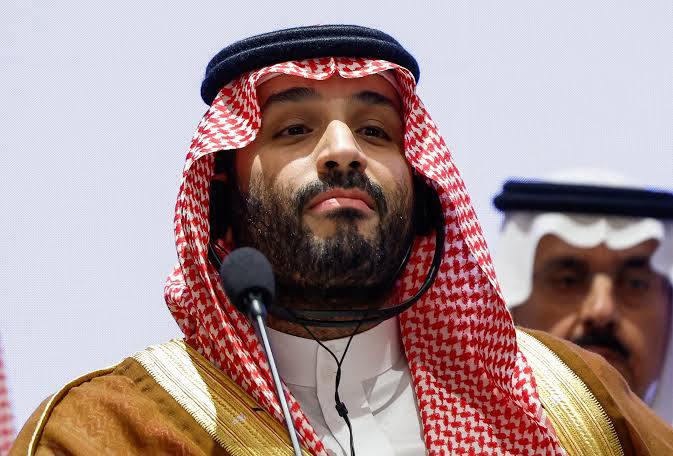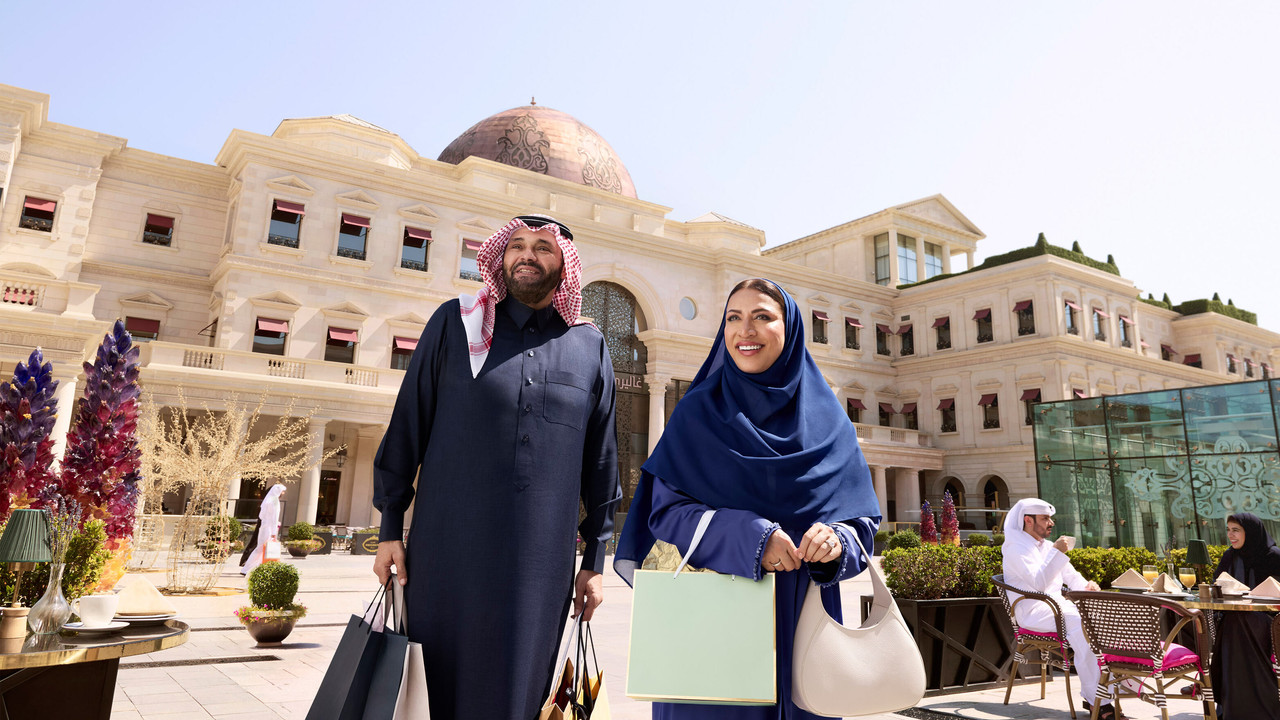BRICS, an acronym for Brazil, Russia, India, China, and South Africa, represents an influential group of emerging economies. Saudi Arabia has joined the group but is not a full member yet.
Saudi Crown Prince Mohammed Bin Salman called for an immediate halt to weapon exports to Israel during an online BRICS summit on Tuesday, as reported by the Saudi official channel, Al-Ekhbariya.
Addressing the urgent situation in Gaza, the Crown Prince highlighted the deteriorating humanitarian crisis, stating, “the humanitarian catastrophe in Gaza is deepening day by day, and decisive solutions must be implemented.”
He emphasized the necessity for an “immediate cessation of military operations” and the establishment of “humanitarian corridors to provide relief to civilians in the enclave.”
Reaffirming Saudi Arabia’s stance, he declared, “The Kingdom’s stance is constant and firm. There is no way to achieve security and stability in Palestine except through the implementation of international decisions related to the two-state solution.”
All eyes on weapons exporters
Global attention has shifted towards the role of various countries in exporting arms to Israel amidst the ongoing crisis in Gaza.
Recently, British Defense Secretary Grant Shapps, addressing the issue of United Kingdom arms sales to Israel, emphasized the rigorous criteria involved. In the House of Commons, Shapps responded to a lawmaker’s inquiries about the UK’s role in potential violations of international law by responding: “Our defense exports to Israel are relatively small, just £42 million last year. They go through a very strict criteria before anything is exported.”
Protests have also erupted at UK factories of Israeli weapons manufacturer Elbit Systems. The Palestine Action Group accuses the company of producing components for drones used in alleged war crimes, a claim the company denies without detailing the usage of its technology by the Israeli military.
In Australia, the “block the boat” movement is drawing attention to the secretive and unaccountable nature of Australian arms exports to Israel.
Australian Greens Senator David Shoebridge raised concerns in the Senate about the opacity of the country’s weapons export system, while Palestinian and Australian human rights organizations are taking the case to the country’s high court.
Meanwhile, Germany’s arms exports to Israel have surged, according to a report by Anadolu Agency. The German Economic Ministry revealed an almost tenfold increase in export approvals, primarily for air defense and communication equipment. German Defence Minister Boris Pistorius acknowledged Israel’s recent requests for naval munitions during a NATO meeting in Brussels last month.
In the United States, President Joe Biden announced a significant increase in military assistance to Israel, continuing a long bipartisan tradition.
This support, amounting to $14.3 billion, builds on a history of substantial security aid to Israel, including a $38 billion package pledged in 2016 by the Obama administration. Israel’s military capabilities, heavily reliant on US support, have been pivotal in its ongoing genocide in Gaza.
The Stockholm International Peace Research Institute reports that global military spending last year reached $2.2 trillion, the highest since the end of the Cold War. This figure underscores the substantial international investment in military capabilities.







